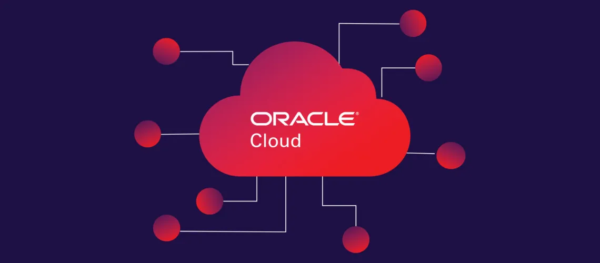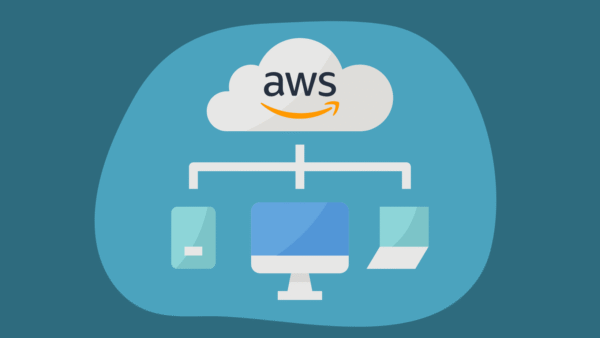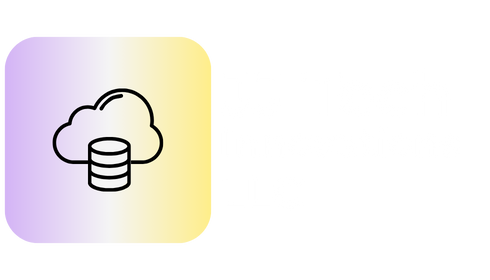
The modern tech world was stunned this week as Oracle signed a $30 billion annual cloud services contract.
Jorge E. Bravo – Project Management Domestic & International, Jul 1, 2025
With a single unidentified client—this marks the largest cloud contract of its kind in history. While the client’s identity remains confidential, speculation points to a hyperscaler or an AI-driven company such as OpenAI or ByteDance. The deal alone surpasses Oracle’s total cloud revenue from the previous fiscal year and is set to take effect in 2028—strategically positioning Latin America to benefit from this technological leap.

Al comprar a través de los enlaces en nuestro sitio, es posible que obtengamos una comisión como afiliados.
Oracle Cloud Infrastructure (OCI) currently serves millions of users across more than 175 countries, maintaining a strong foothold in enterprise-grade cloud solutions. In fiscal year 2024, Oracle’s cloud services and license support generated $39 billion in revenue. With a remaining performance obligation (RPO) of $99 billion, the company demonstrates long-term growth and financial stability.
This new $30 billion cloud contract is expected to double Oracle’s cloud services revenue, placing the company in direct competition with top cloud providers like Amazon Web Services (AWS), Microsoft Azure, and Google Cloud.
Latin America is already a key strategic pillar for Oracle. With six public cloud regions across the region and more on the way, Oracle has tailored its infrastructure to meet tax, legal, and compliance regulations in 17 countries through its Latin America Cloud Local Solution (LACLS) initiative. Currently, Oracle powers 60% of corporate workloads in the region and holds 25% of the cloud infrastructure market share in Latin America.
What does this mean for Latinamerica?
A Projected Shift in the Latin American Tech Ecosystem
This $30 billion cloud services contract is a wake-up call for the Latin American tech industry. Oracle is expected to generate thousands of new jobs in cloud engineering, cybersecurity, AI operations, and regulatory compliance across the region. Countries like Brazil, Mexico, and Colombia are projected to lead the next wave of cloud-related hiring, unlocking fresh career opportunities in the cloud and AI sectors.

With growing demand and a projected cloud expansion surge by 2028, universities across Latin America will need to modernize their IT programs by incorporating or expanding degrees focused on cloud architecture, Oracle Cloud Infrastructure (OCI), and artificial intelligence integration. There will be a rising demand for qualified instructors in cloud services and certification programs aligned with Oracle and other leading providers like Amazon Web Services (AWS).
While Oracle leads in Latin America, AWS remains the global cloud leader, offering a broader range of services and lower latency due to its expansive network of data centers. For professionals and businesses aiming to thrive in a multicloud world, understanding both platforms will be essential for long-term competitiveness and digital transformation.
As Oracle Cloud continues to gain ground, organizations are beginning to embrace this shift toward digital governance. It’s a moment of major momentum. I’m a native Amazon Web Services (AWS) user myself, yet I plan to pursue Oracle Cloud certification in response to this new wave of opportunities. Amazon, as the global leader, has never remained idle—it’s only a matter of time before it responds with innovation, expansion, and its own disruption.
So, what now? Will Latin American universities reform their programs to prepare the next generation of cloud specialists? Will students train not just in Oracle, but also in AWS, Azure, and Google Cloud Platform (GCP) to build true multicloud fluency? Will companies take this opportunity to modernize? And will professionals recognize this wave for what it truly is?
